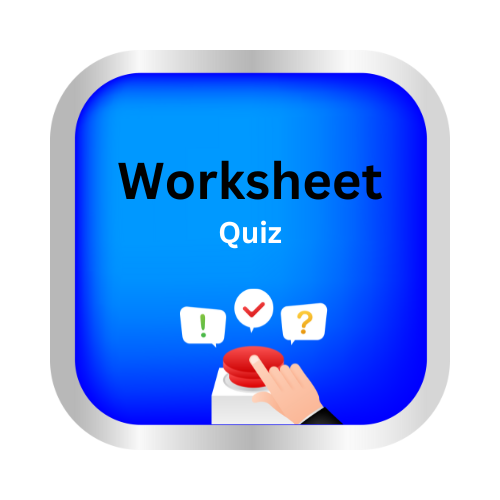Identify the simple subject or predicate of a sentence
Key Notes:
🌟 Identify the Simple Subject or Predicate of a Sentence 🌟
| 🟢 What is a Subject? |
- The subject tells who or what the sentence is about.
- The simple subject is the main word (noun or pronoun) in the subject part.
✨ Example:
- The dog barked loudly. 🐶
- Simple subject = dog
| 🔵 What is a Predicate? |
- The predicate tells what the subject does or is.
- The simple predicate is the main verb in the predicate part.
✨ Example:
- The dog barked loudly. 🐕🔊
- Simple predicate = barked
| 🎯 How to Find the Simple Subject or Predicate |
- 👀 Look for the noun/pronoun → That’s the simple subject.
- 👟 Look for the main verb → That’s the simple predicate.
- ❌ Ignore extra words (adjectives, adverbs, phrases).
| 🌈 Examples for Practice |
1. The tall boy ran quickly.
- Simple subject = boy 👦
- Simple predicate = ran 🏃
2. My teacher smiles every day.
- Simple subject = teacher 👩🏫
- Simple predicate = smiles 😀
3. The little cat sleeps on the sofa.
- Simple subject = cat 🐱
- Simple predicate = sleeps 😴
| 📝 Quick Tips |
- The subject = “Who/What?” 🧑❓
- The predicate = “What do they do?” ✅
- Always find the main word (not the extras).
🎉 You are now ready to Identify the Simple Subject and Predicate in any sentence! 🎉
Pages: 1 2

